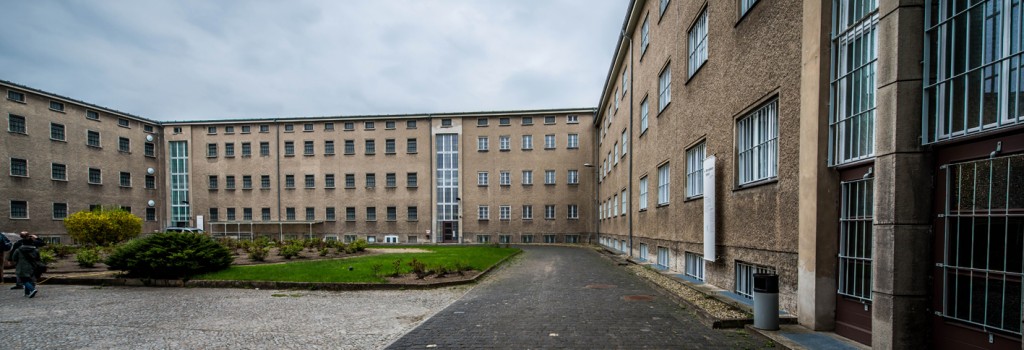Go back

Heinz Brandt
References
- Brandt, H.: Ein Traum, der nicht entführbar ist (1967)
- Andresen, Knud: Widerspruch als Lebensprinzip. Der undogmatische Sozialist Heinz Brandt (1909-1986). (2007)
Born in 1909 in Posen (now Poznan / Poland), Brandt began to study Political Economics at the University of Berlin in the 1920s. He was unable to complete his degree, as he was expelled for political reasons in 1930. A year later, he joined the Communist Party of Germany (KPD). Because of his illegal activities against Hitler's regime, he was sentenced to six years in prison by the Berlin Court in 1935. After undergoing so-called "preventive detention" in concentration camps Auschwitz and Sachsenhausen, he witnessed the end of the Nazi dictatorship in the Buchenwald concentration camp. Following his return to Berlin, he worked as a party official of the Socialist Unity Party (SED). In 1952, he became secretary of the Berlin State Administration of the SED. After the death of Soviet dictator Josef Stalin (March 5, 1953), Brandt supported the proposal entitled "New Course” in June 1953, which envisioned a discontinuation of various repressive measures against the population. Under his initiative, the Politburo denied the petitioned standardized increase of wages (Normenerhöhung), against the hundreds of thousands demonstrating workers in the GDR on the 16th and 17th of June.
After the suppression of the uprising and internal party purges, Heinz Brandt lost his leadership position in the SED. The revelations about Stalin's crimes at the Twentieth Party Congress in Moscow (February 1956) and the fate of his emigrated siblings Lilly and Richard in the Soviet Union accelerated his move away from communism. In 1958, he finally fled with his family to the West and became editor of the trade union newspaper "Metall." In the Federal Republic of Germany, he maintained contact with the "East Bureau of the SPD." The Ministry for State Security (Stasi), who had surveilled him for some time, lured him in West Berlin during the summer of 1961. A young woman drugged him, and the Stasi took him to the eastern part of the city.
After several months of interrogation in the remand prison at Berlin-Hohenschönhausen, the Supreme Court of the GDR sentenced him in a 1962 secret trial to 13 years' imprisonment for alleged "serious espionage in coincidence with seditious propaganda and agitation in severe cases." He remained in the special prison Bautzen II for almost two years, until an international solidarity campaign, in which the newly formed organization for political prisoners "Amnesty International" also participated, procured his pardon. After his return to West Germany, he worked again for the trade union newspaper "Metall" and advocated for persecuted critics of the GDR. He died in 1986 in Frankfurt am Main.

